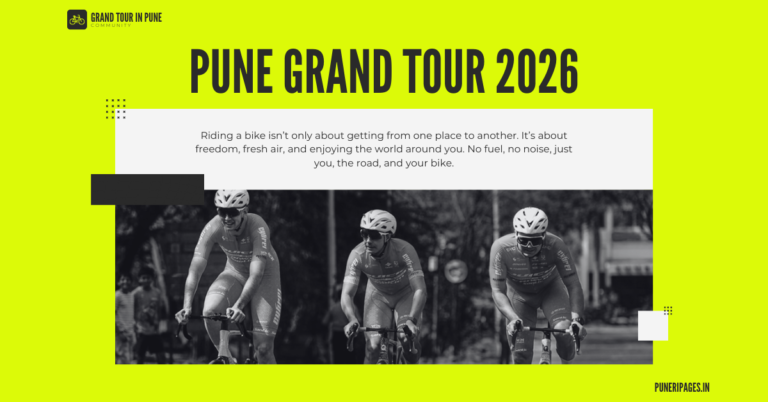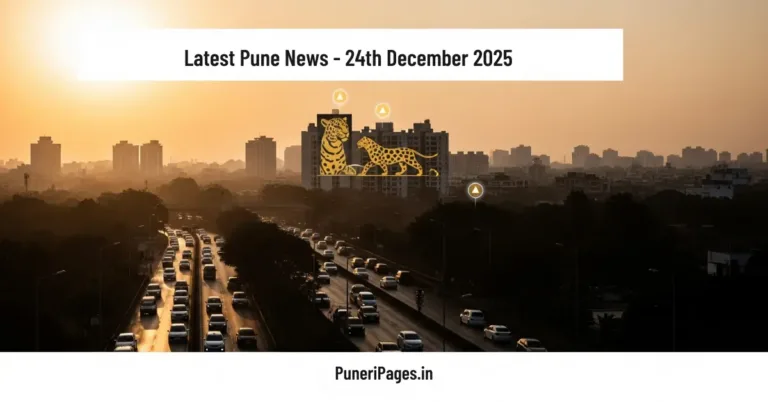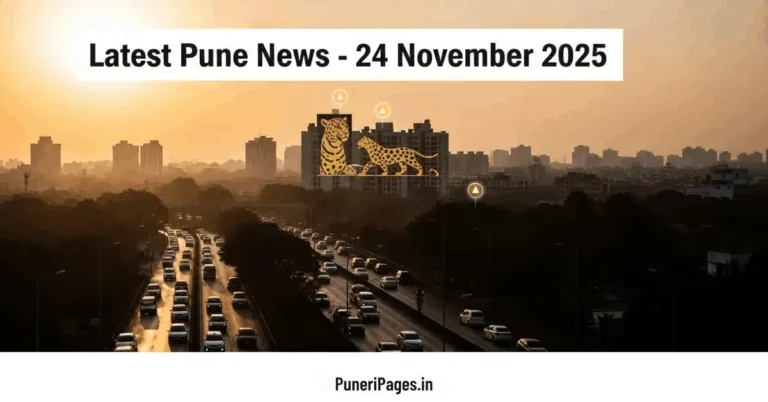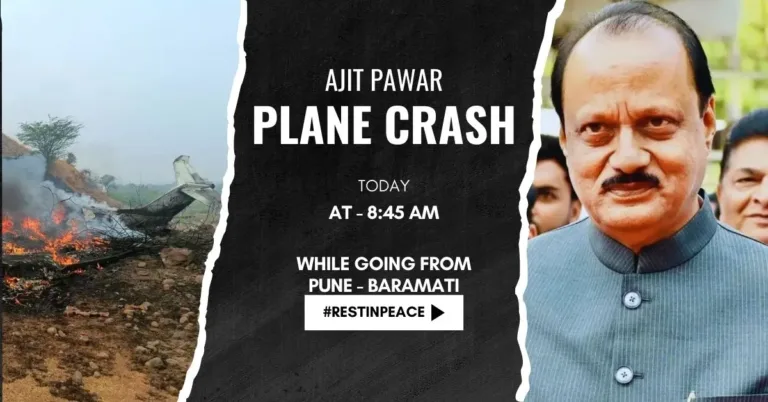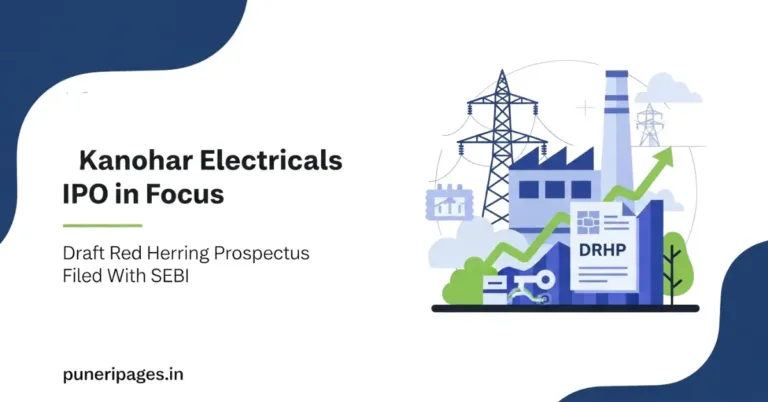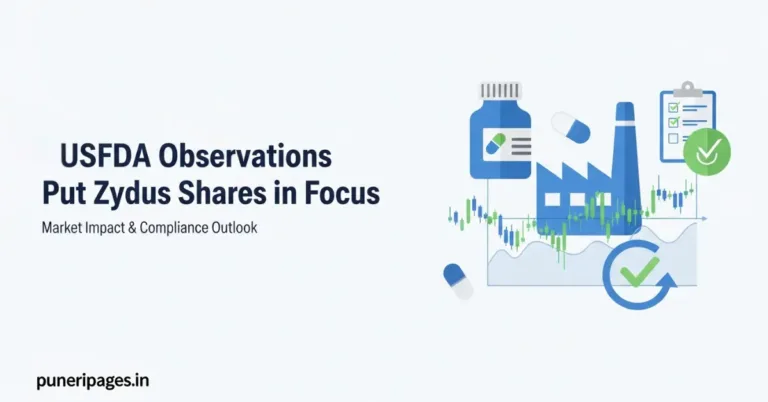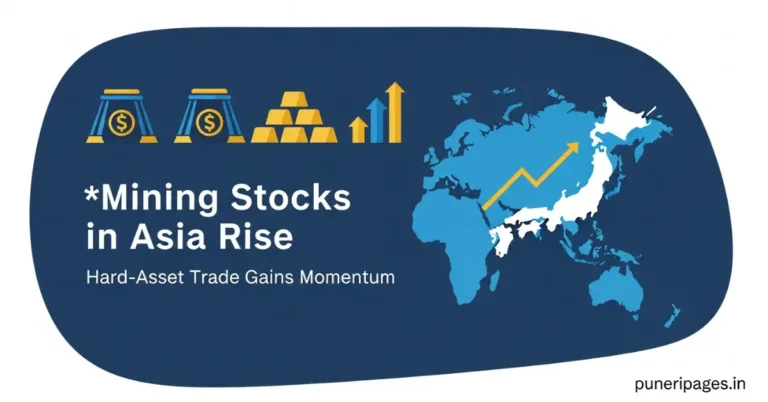
Why do comedians face legal action while politicians continue unchecked? Explore the deep-rooted free speech divide in India – puneripages.in
By Prashant for PuneriPages.in
Let me be honest — this question has been bothering me for a while. Why is it that comedians like Samay Raina or Munawar Faruqui get dragged to court over a joke, sometimes even one they didn’t crack yet, while politicians continue to say way worse things in public — and nothing happens?
As someone who deeply values humor, democracy, and just basic fairness, I wanted to dig into this. What I found was frustrating, eye-opening, and honestly, something every Indian needs to understand. So here it is — not just as a rant, but as a breakdown of how and why this double standard exists.
Table of Contents
Pillar 1: The Legal Tools — Same Law, Different Impact
What hits comedians: Section 295A of the Indian Penal Code (IPC)
- This law punishes “deliberate and malicious acts intended to outrage religious feelings.”
- Sounds specific, but here’s the catch: it’s vague. Anyone can claim their sentiments are hurt.
- All it takes is one FIR. Even if the case doesn’t hold up later, the legal battle starts — and for a stand-up comic, that’s terrifying and expensive.
What barely scratches politicians: Section 153A of IPC
- This one’s for hate speech — promoting enmity between groups on grounds like religion or caste.
- But it has a higher burden of proof. Plus, if the politician is a public servant, the police often need government permission (called a “sanction”) to even prosecute. You can guess how often that happens.
So, one punch lands hard. The other barely grazes.
Pillar 2: Who You Are Matters More Than What You Said
Let’s not pretend India’s justice system treats everyone the same. It doesn’t.
Comedians:
- Usually solo, self-made, often young, often without big institutional backing.
- When they get hit with a case, they face it alone — no party machine, no PR team, no lawyer army.
Politicians:
- They are part of a power structure. Even if they say something outrageous, their party will say, “it was taken out of context” or just wait for the news cycle to move on.
- And when a politician insults someone, it’s often seen as political strategy, not personal offense.
Basically, comedians are easy to target — they’re public but unprotected.
Pillar 3: A Real Comparison — Munawar vs. The Rally Rhetoric
Let’s simplify this with a fictional-but-familiar comparison:
| Aspect | Comedian (e.g., Munawar) | Politician (any recent election) |
|---|---|---|
| Offense | A joke (possibly never even said) | “Vote us to defeat XYZ community” |
| Law Used | IPC 295A | IPC 153A |
| Outcome | Arrest, jail time, cancelled shows | Some TV debates, no legal action |
| Media Reaction | Loud outrage, divided opinions | 24-hour news, then forgotten |
| System Response | Case filed, arrested without proof | Needs government approval, delayed endlessly |
Makes you wonder, doesn’t it?
Conclusion: This Isn’t Just About Jokes — It’s About Power
This whole issue isn’t just about stand-up comedy. It’s about how the system treats dissent vs. dominance. Religion is policed more strictly than hate. Speech from the powerless is scrutinized harder than speech from the powerful.
And that’s not how it should be in a democracy.
If a comedian can be punished for a joke, surely a politician should be held accountable for inciting hate. Free speech should not depend on your position, your connections, or your party symbol.
This isn’t about protecting jokes. It’s about demanding consistency. About ensuring that if we are a democracy — then every voice, whether it makes you laugh or makes you think — is treated fairly by the law.
I wrote this because I’m tired of seeing the same playbook used again and again — and if you are too, let’s at least start by calling it what it is: a double standard.
